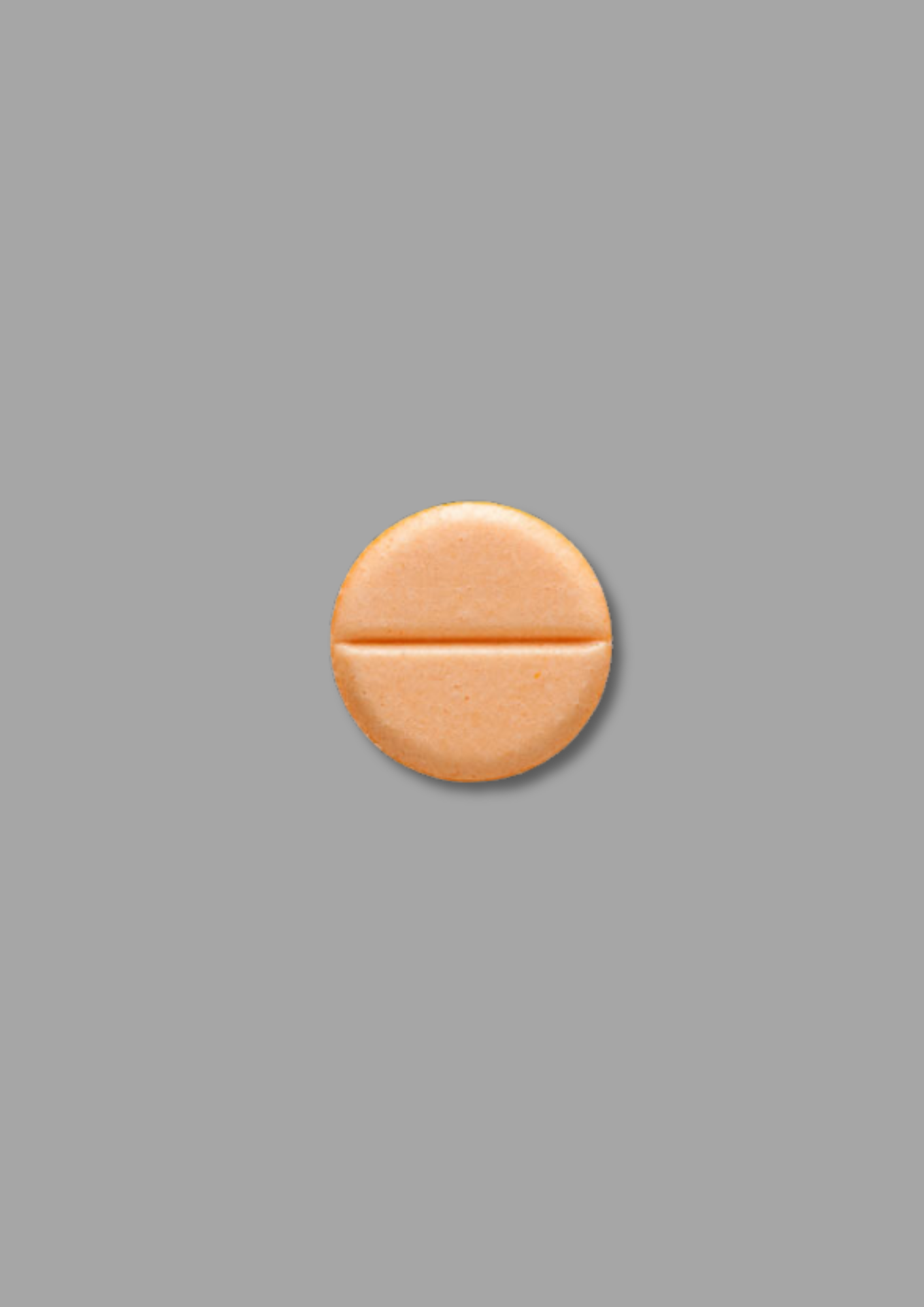Description
Etizolam 1mg is a pharmaceutical compound that has garnered attention for its potent anxiolytic, hypnotic, and sedative properties. Though it is chemically classified as a thienodiazepine, it bears a structural and pharmacological resemblance to the benzodiazepine class of drugs. This medication is primarily used in the treatment of anxiety disorders, insomnia, and certain types of depressive disorders. Its efficacy in these areas has made it a popular choice among healthcare providers, particularly in countries where it is legally available by prescription.
The pharmacodynamics of Etizolam 1mg is particularly interesting. Unlike traditional benzodiazepines, which typically act on the gamma-aminobutyric acid (GABA) receptor complex, Etizolam binds to a specific subset of GABA receptors known as GABA-A receptors. This action results in an increase in the inhibitory neurotransmitter GABA within the brain, which in turn induces a calming effect, reducing the symptoms of anxiety and promoting sleep. Additionally, Etizolam exhibits some antidepressant properties, although the exact mechanism behind this remains somewhat unclear.
One of the key advantages of Etizolam 1mg over traditional benzodiazepines is its shorter half-life, which reduces the risk of accumulation in the body and thereby minimizes the potential for adverse effects. This makes it a suitable option for patients requiring short-term relief from anxiety or insomnia. However, it is important to note that, like other medications in its class, Etizolam has a potential for dependence and abuse. Prolonged use can lead to tolerance, requiring higher doses to achieve the same therapeutic effect, and sudden discontinuation can result in withdrawal symptoms.
The clinical application of Etizolam 1mg is quite broad. In patients with generalized anxiety disorder (GAD), Etizolam has been shown to reduce the frequency and intensity of anxiety episodes, allowing individuals to function more normally in their daily lives. For those suffering from insomnia, particularly sleep-onset insomnia, Etizolam can help in falling asleep more quickly and improving the overall quality of sleep. Some studies have also explored its use in managing panic disorders and the acute symptoms of stress.
While Etizolam is highly effective, it is not without its side effects. Common adverse reactions include drowsiness, dizziness, and impaired motor coordination, which can affect activities such as driving or operating heavy machinery. In some cases, users may experience headaches, muscle weakness, or gastrointestinal disturbances. It is also worth noting that Etizolam, when taken in higher doses or for extended periods, can lead to more severe effects such as cognitive impairment or, in rare instances, paradoxical reactions like increased anxiety or aggression.
Despite these risks, Etizolam 1mg is generally considered safe when used under the guidance of a healthcare professional. It is important for patients to adhere to the prescribed dosage and to avoid combining Etizolam with other central nervous system depressants, such as alcohol or opioids, which can amplify its sedative effects and increase the risk of overdose.
In terms of legal status, Etizolam is regulated differently across various countries. In some regions, it is classified as a prescription medication and is strictly controlled, while in others, it may be available for research purposes or even sold over-the-counter. This variability in regulation underscores the importance of consulting with a healthcare provider before using Etizolam, as the legal implications and health risks can vary depending on location.
In conclusion, Etizolam 1mg is a powerful medication with significant benefits for those suffering from anxiety and sleep disorders. Its unique pharmacological profile, combined with its efficacy and relatively short duration of action, make it a valuable tool in the management of these conditions. However, due to its potential for dependence and the risk of adverse effects, it should be used cautiously and always under medical supervision. As with any medication, understanding both the benefits and risks is crucial to ensuring safe and effective treatment.






